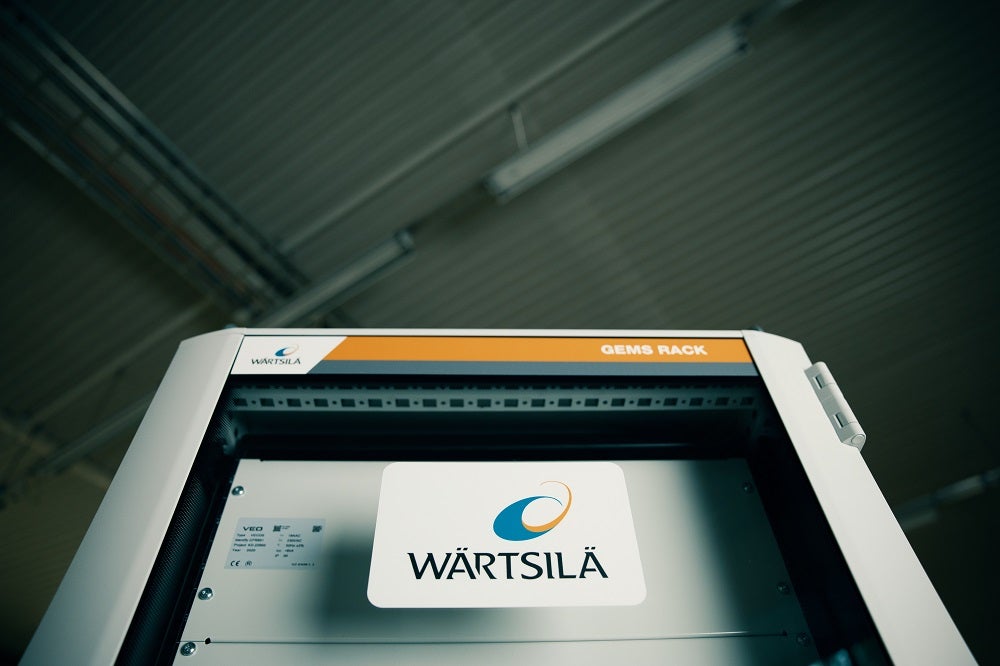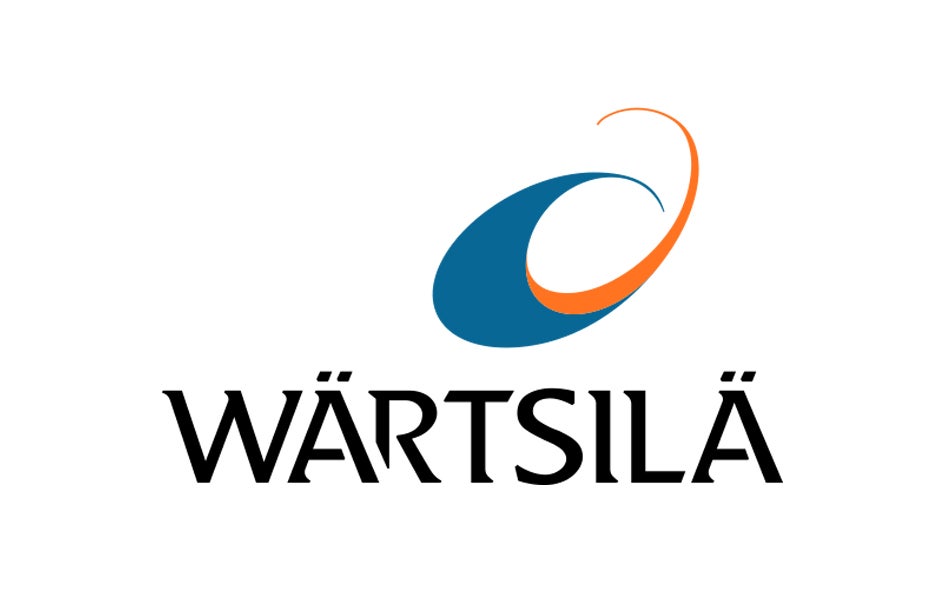
When envisioning the future of the energy industry, widespread adoption of more renewable energy sources is often at the top of the list. 2020 saw a devastating blow to many industries, but while COVID-19 brought a significant decline in energy generation using fossil fuel, renewable power gained momentum. With this in mind, what could be holding the industry back?
A primary issue with renewable energy is its unpredictability; fossil fuels can be continually burned to provide reliable energy to meet demand, whereas renewable energy production is affected by uncontrollable external factors such as slow winds or overcast weather. During peak energy usage hours, this can be particularly problematic as renewable producers may be unable to satisfy the demand.
However, there is a solution. Energy storage enables renewable energy producers to balance their output by storing excess energy. Systems such as Wärtsilä’s energy storage technology, and optimisation software GEMS, not only support producers to store energy when they make more than the network needs at the time, it also keeps batteries working at their most optimal point to improve reliability, maintain equipment and maximise Return of Investment.
Reliable renewable energy: how will this affect the market?
The unpredictability of renewable energy has meant that renewable energy producers primarily operate under Power Purchase Agreements (PPAs) and are unable to participate in wholesale markets. In order to compete with their fossil fuel counterparts, energy markets need to take this unpredictability into consideration. However, renewable energy independent power producers (IPPs) that utilise energy storage can now leverage energy market opportunities with sophisticated bidding software.
The ideal is that the energy storage comes pre-integrated with auto-bidding software, which leverages statistical trends and advanced forecasting to position the battery in the right markets at the right times.
Auto-bidding leverages artificial intelligence (AI) and machine learning (ML) to introduce stored renewable power into a competitive market while mitigating the risk from renewable merchant revenue streams. Advanced energy management software can price energy from renewable sources at the lowest rates so that they are prioritised and chosen over fossil fuels, especially as utilities and system operators are obligated to purchase the least expensive power available.
That said, it’s not just renewable IPPs that can benefit from auto-bidding. Even large producers with established trading desks can utilise AI and ML to rethink trading strategies and incorporate storage to take advantage of these potentially lucrative arbitrage opportunities.
It is a complex market for everyone. With fluctuating energy demands being supplied by a broad array of producers, it is hard to stay atop market changes. Auto-bidding maximises revenue assets as well as providing new strategies for future growth. Bidding of storage assets requires a sophisticated approach that anticipates fluctuations and can recalibrate and react immediately, something too complex for human traders but managed with algorithms.
Choosing auto-bidding software
When compared against a standing bid, IPPs both large and small have reported as much as a 40% increase in net revenue when utilising Wärtsilä’s GEMS IntelliBidder over periods of 3 months and longer.
IntelliBidder offers state-of-the-art optimisation functions, and its USP lies in its customisability to fit the needs of every customer. While there are other auto-bidding solutions that provide forecasting and predictive capabilities using AI and ML technology, IntelliBidder provides complete control of the bid structure with its user interface, as well as the ability to perform manual bid modifications. IntelliBidder’s battery-centric data visibility with algorithm performance monitoring and backtest simulation capabilities also enables users to develop future bid strategies. Its interface is designed to be user-friendly, so operators can monitor market fluctuations, as well as the status of each of their assets, and Wärtsilä provides complete documentation and training to ensure that the software is being used correctly and optimally.
Adapting to a changing market is not a simple transition, so Wärtsilä has taken industry concerns into consideration when developing its storage technology solutions. Security is a top priority, as malicious actors can cause significant damage to facilities and the market as a whole. GEMS is recognised with IEC 62443 Cybersecurity Certification, so customers can rest assured that their system is safe.
The energy industry is changing and IPPs cannot afford to fall behind. Wärtsilä works with customers to future-proof their facilities. Download the product specification below to find out more about what GEMS IntelliBidder can do for you.


